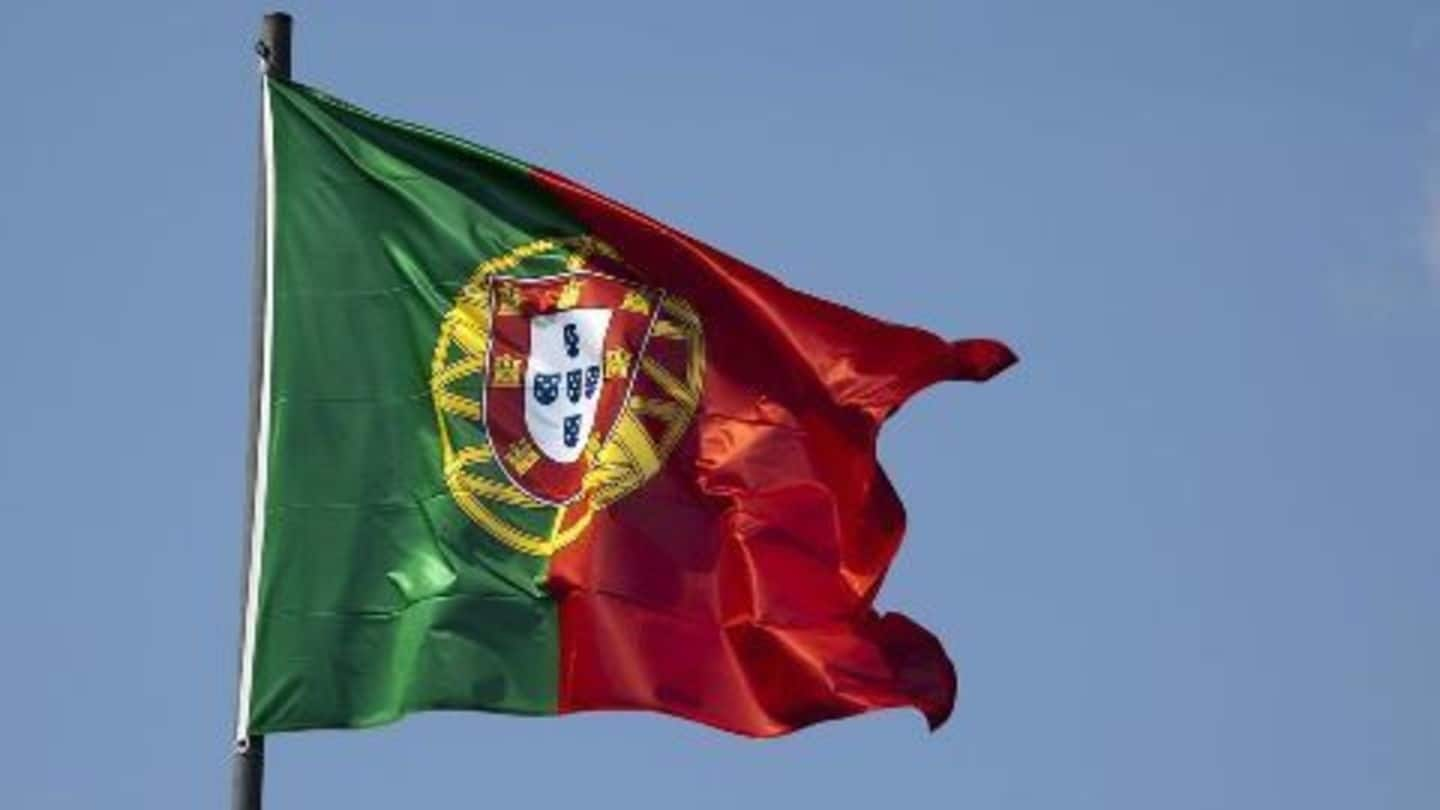
Marcelo Rebelo de Sousa is Portugal's new President
What's the story
Centre-right politician and TV personality Marcelo Rebelo de Sousa won Portugal's Presidential elections, accounting for over 52% of votes. His closest rival was Antonio Sampaio da Novoa, who managed a mere 22%. The post of President is mainly ceremonial, but the head of state can dissolve parliament. Observers say this is a crucial time as the current coalition government may unravel within a year.
Portugal
A brief history
Portugal is the westernmost country of mainland Europe, bordered by the Atlantic Ocean to the west and south and by Spain to the north and east. Portugal lost a majority of its wealth from 1755 to 1822 after the Lisbon earthquake, Napoleanic occupation and independence of its richest colony Brazil. In 1926, an authoritarian regime came to power and in 1974, democracy was restored.
Information
Longest-lived European colonial empire
After 1974, Portugal granted independence to all its colonies except Macau, which was handed over to China in 1999. This makes Portugal the longest lived European colonial empire.
Elections
The 2016 election: Fast facts
The 2016 election is the ninth Presidential election since the establishment of democracy in Portugal in 1974. The outgoing President Aníbal Cavaco Silva is finishing his second five-year term. Under Portuguese law, the maximum consecutive terms allowed by the Constitution for Presidents is two. 10 candidates fought the election in 2016, the highest number of candidates in Portugal's electoral history.
Format
How are Presidential elections conducted in Portugal?
The Presidential elections in Portugal are conducted under a two round system. If a candidate wins over 50% of votes in the first round, then he/she is elected to power. However if no candidate wins 50% of the votes, then the elections go into a run-off, and the two candidates with the highest votes stand for a run-off ballot to decide the winner.
Information
Only one run-off vote in history
Only once in the nine Presidential elections since 1974 has a run-off vote been required: in 1986, when Mário Soares secured 51.18% in the second round, having scored just 25.43% in the first round.
President
Powers of Portugal's President
Most of the powers of Portugal's President are rubber-stamp decisions that are made and proposed by the government or parliament, including declarations of war or state of emergency. However, the President has the power to dissolve Parliament and dismiss the government if deemed necessary. With the coalition government in Portugal on shaky ground, President may have a greater role to play in coming months.